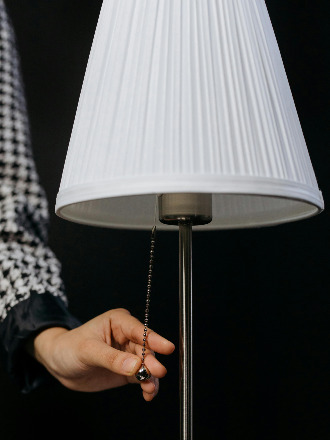Psychological factors turn out to be more important than background when it comes to saving energy at home

Self-efficacy, personal norms, and attitudes play a greater role in energy-saving behavior than age, education, or gender. Not only who we are, but also what we believe we can do influences our behavior.
Why does one person always turn off the lights when leaving a room, while another leaves them on without hesitation? The answer lies mainly in psychological factors, according to a new meta-analysis by researchers from the University of Groningen.
In a recent issue of Cell Reports Sustainability, Steph Zawadzki and colleagues present an overview of dozens of studies on household energy use. Their conclusion: not gender, age, or education level, but psychological factors best predict whether people use energy efficiently at home.
In particular, self-efficacy—the belief in one’s own ability to save energy—proved to be decisive. Personal norms and attitudes, such as the conviction that saving energy is morally desirable, are also strongly linked to actual energy consumption.
The researchers focused on household energy use, which accounts for about 20 percent of total electricity consumption. “A better understanding of what motivates people to save energy can accelerate the transition to green energy,” they write.
The findings have clear policy implications. Information campaigns are more effective when they appeal to psychological motivations rather than demographic characteristics. In other words: less focus on who people are, and for instance more attention to what makes them feel they can truly make a difference.
More news
-
17 February 2026
From Ghostbuster to Disaster Researcher
-
03 February 2026
‘Such willpower’
-
20 January 2026
Alcohol, texting, and e-bikes


